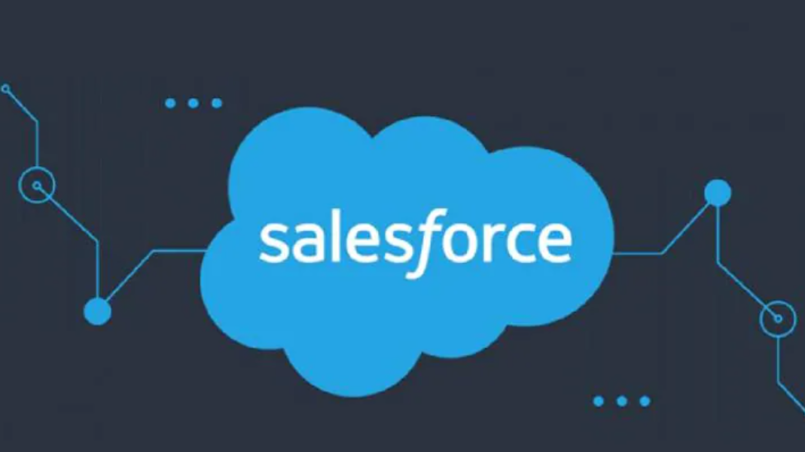Share this
Sales force CRM (Customer Relationship Management) stands as a powerhouse in the realm of sales and customer management software, empowering businesses of all sizes to streamline processes, enhance productivity, and foster strong customer relationships. This guide delves into the key features, benefits, and strategies for leveraging Salesforce CRM effectively.
Understanding Salesforce CRM
The Comprehensive Guide to Sales force CRM: Optimizing Your Sales and Customer Relationships is a cloud-based platform designed to manage customer relationships, sales pipelines, marketing campaigns, and customer service interactions in one centralized system. It offers a suite of tools and functionalities to help businesses organize and automate various aspects of their operations.
Key Features and Benefits
- Lead Management: Capture leads from multiple sources, qualify prospects, and nurture them through personalized marketing campaigns.
- Sales Pipeline Management: Visualize and track sales opportunities through customizable pipelines, forecast sales revenues, and prioritize deals.
- Customer Service: Provide exceptional customer support with case management tools, automated workflows, and self-service portals.
- Marketing Automation: Create targeted marketing campaigns, automate email sequences, and track campaign performance to optimize ROI.
- Analytics and Reporting: Gain insights into sales performance, customer behavior, and campaign effectiveness through customizable dashboards and reports.
- Integration Capabilities: Integrate Salesforce CRM with other business applications such as ERP systems, e-commerce platforms, and social media channels for seamless data flow.
Choosing the Right Salesforce Edition
Salesforce offers several editions tailored to different business needs:
- Sales Cloud: Core CRM functionality for sales automation and lead management.
- Service Cloud: Focuses on customer service and support, including case management and knowledge base.
- Marketing Cloud: Tools for digital marketing automation, email marketing, and customer journey mapping.
- Commerce Cloud: Enhances e-commerce capabilities with AI-powered personalization and order management.
Tips for Maximizing Salesforce CRM Efficiency
To optimize the use of Salesforce CRM, consider implementing these best practices:
- Customization: Tailor Salesforce to your business needs with custom fields, workflows, and approval processes.
- User Training: Provide comprehensive training to employees to maximize adoption and proficiency with the platform.
- Data Quality: Maintain data integrity by regularly cleaning and updating customer records, avoiding duplicates, and enforcing data governance policies.
- Mobile Access: Utilize the Salesforce mobile app to access CRM data on the go, manage tasks, and collaborate with team members.
- Continuous Improvement: Regularly review and optimize CRM workflows, processes, and automation rules to enhance efficiency and effectiveness.
Conclusion
In conclusion, Salesforce CRM empowers businesses to build stronger customer relationships, streamline sales processes, and drive growth through data-driven insights and automation. By harnessing its comprehensive features and integrative capabilities, businesses can achieve operational excellence and deliver exceptional customer experiences.


